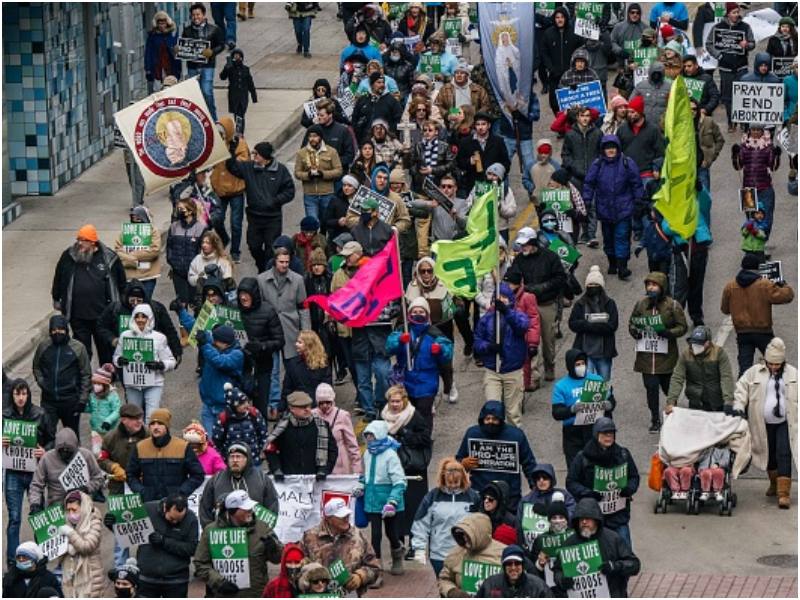In a decision that has shaken the world of civil liberty advocates, the United States Supreme Court opted not to hear the case of Mckesson v. Doe.
In effect, the apex court has upheld a lower court ruling that drastically curtails the right to organize mass protests in Louisiana, Mississippi, and Texas.
The lower court’s decision, now left intact by the Supreme Court’s refusal to intervene, sets a precedent where protest organizers can face severe financial repercussions if any illegal activity occurs during the protest, regardless of their involvement or control over such actions.
The case originated from a protest organized by DeRay Mckesson, a prominent figure in the Black Lives Matter movement, following the fatal police shooting of Alton Sterling in 2016.
Despite Mckesson’s non-involvement in the violent act—wherein an unidentified individual threw a projectile at a police officer—the lower court held him accountable for the resulting injuries sustained by the officer.
Critics argue that this ruling not only contradicts established legal precedent, such as NAACP v. Claiborne Hardware, which safeguards protest organizers from liability for the actions of participants, but also imposes an untenable burden on organizers to ensure the behavior of every attendee in large-scale events.
Justice Sonia Sotomayor, in a concurring opinion, underscored the recent reaffirmation of First Amendment protections in Counterman v. Colorado, emphasizing the crucial role of free speech in democratic societies and warning against the chilling effect of such rulings on political activism.
The decision has sparked widespread concern among civil rights advocates and legal scholars, who view it as an unprecedented infringement on the fundamental right to protest.
The dissenting voices within the Fifth Circuit, including Judge Don Willett, have condemned the decision’s potential to suppress dissent and empower malicious actors seeking to undermine peaceful demonstrations.
Despite hopes for a future reversal, the current legal landscape leaves protest organizers in these states vulnerable to punitive measures for any perceived transgressions during demonstrations.
This development marks a significant setback for civil liberties in the affected regions and raises urgent questions about the balance between public safety and constitutional rights in the context of mass protest movements.

